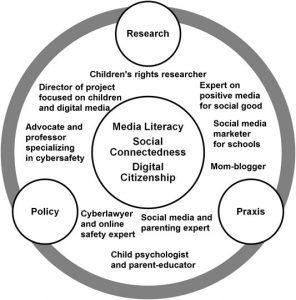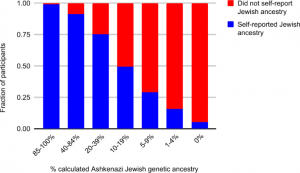
Scientists say a “groundbreaking” study of mosquitoes carrying the dengue virus has found that it is possible to reduce the incidence of dengue fever by at least 6 percent.
Studies have shown that mosquitoes infected with a ‘miracle’ bacterium can reduce the mosquito’s ability to spread dengue.
The experiment was performed in the Indonesian city of Yogyakarta and is now being expanded in hopes of reducing the dengue virus outbreak. The World Mosquito Program team says this could be a solution to the global virus.
The number of people who heard about dengue 50 years ago was staggering, but later it turned into a slow-moving epidemic and the number of dengue cases increased dramatically. Until 1980, dengue had spread to only nine countries, but now about 400 million people a year are infected with the virus.
Mosquitoes infected with the Olbacia bacterium have been used in this dengue experiment. One of the researchers said. Katie Anders describes it as ‘naturally miraculous’.
Olbacia does not harm mosquitoes but removes a part of the body that is needed for the dengue virus. The bacterium makes it difficult for the dengue virus to reproduce, so when the mosquito bites someone again, it no longer has the ability to infect.
In this experiment, 5 million mosquito eggs infected with Olbacia were used. The eggs were placed in a container of water at a place in the city once every two weeks. This process took up to nine months to increase the number of infected mosquitoes.
The city of Yogyakarta was divided into 24 zones, half of which were without mosquitoes. The results were published in the New England Journal of Medicine. The incidence of dengue has decreased by 6 percent and the number of hospitalizations after infection has decreased by 8 percent.
Talking to reporters, Dr. expressed excitement. Anders.
The whole city mosquito eradication strategy has been very successful and the project is being taken forward with the aim of eradicating dengue from the area.
Dr. “The results are truly unprecedented,” Anders said. We think it could have a big impact on big public health problems in big cities around the world. ”
Olbacia can change the fertility of the mosquitoes that enter the body in such a way that the mosquito will be present in the baby. This means that once olbacia is given it can last a long time and is able to continue to protect against dengue infection. However, this is in stark contrast to other control methods, such as the use of pesticides or the release of infertile male mosquitoes.
Yogyakarta city disease prevention department chief said. Euderia Amelia says they are happy with the results of the first test.
Dr. “We hope that this method will be applied to the Yogyakarta city area and will be extended to other cities in Indonesia,” Anders said.
The experiment is seen as a milestone achievement after years of research, as dengue-spreading Aedes mosquitoes are not usually infected with Olbacia.
Disease modeling studies suggest that Olbakia may be able to completely control dengue.
David Hammer, a professor of global health and medicine at Boston University, said the method could be effective in treating other mosquito-borne diseases, such as Zika, yellow fever and chikungunya.
NH, 15 June






